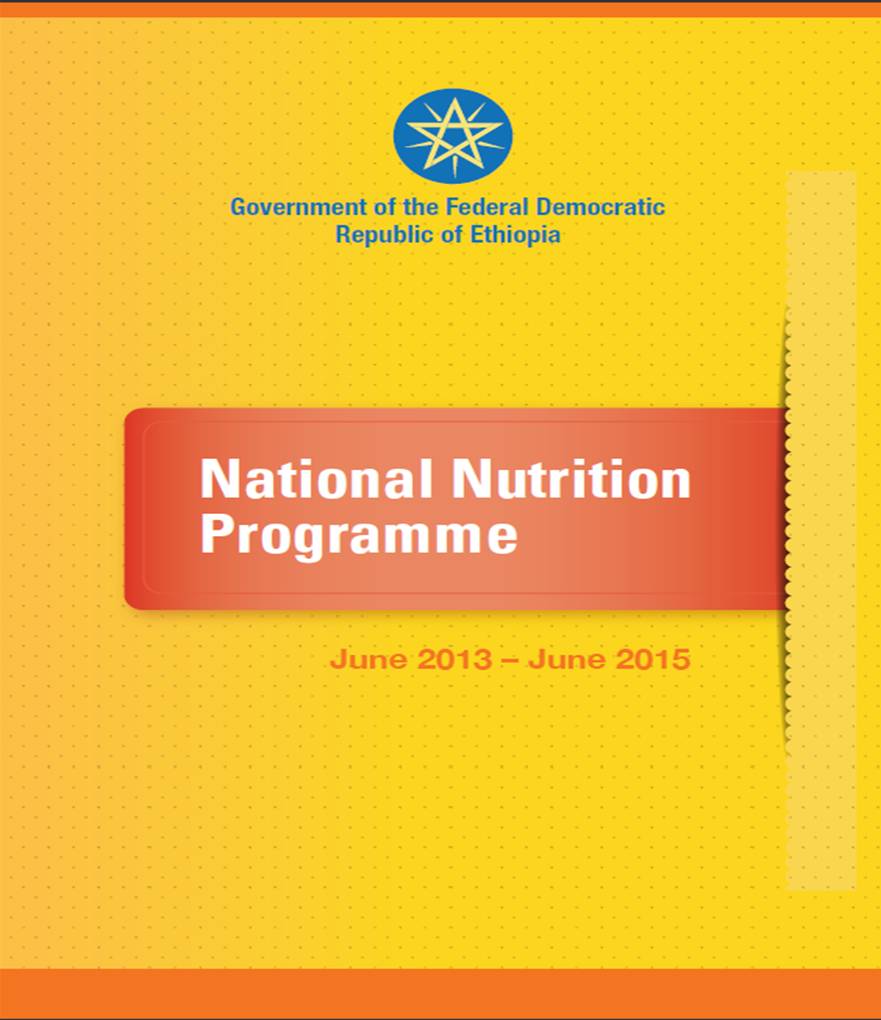I am delighted to be here with you this morning to celebrate the launch of Ethiopia’s new National Nutrition Program. We are here today to mark a new phase in our common efforts to improve nutrition for all Ethiopians, particularly those most vulnerable - the young. I congratulate my Ethiopian colleagues for their hard work on developing the new National Nutrition Program and can assure you that the United States strongly supports the program and its objectives.
President Obama said in this year’s State of the Union address that we WILL end extreme poverty within the next two decades. By working together, we can eradicate the most devastating aspects of extreme poverty – chronic malnutrition and preventable child death.
From the creation of President Obama’s Feed the Future Initiative to his launching of the New Alliance for Food Security and Nutrition along with the late Prime Minister Meles Zenawi and other G8 member states last year, the United States has been helping Ethiopians improve nutrition for their children and improving overall food security in Ethiopia.
The commitments that USAID Administrator Shah announced on behalf of the U.S. Government on June 8th at the Nutrition for Growth high-level meeting in London, reflect expected U.S. Government funding over three years: amounting to over $1 billion for nutrition-specific interventions globally.
Eradicating hunger and malnutrition takes more than just financial resources. It requires country leadership and collective action. The launch of this revised National Nutrition Program demonstrates the Government of Ethiopia’s commitment to the fight against hunger and malnutrition.
Ethiopia has already succeeded in protecting the lives and livelihoods of more than eight million Ethiopians living in rural areas through the Productive Safety Net Program and the Household Asset Building Program. Ethiopia has also invested wisely in the regions that have higher potential agricultural yields through the Agricultural Growth Program, which the United States supports through our Feed the Future Initiative.
So, what are we doing to support Ethiopia’s new National Nutrition Program? Let me provide five examples of how the U.S. Government is helping:
We are working with diverse partners – governments, civil society, private sector, and multilaterals – to help bring their nutrition programs to national scale.
We are focusing on improving nutrition during the critical “1,000 day” window of opportunity between a mother’s pregnancy and her child’s second birthday. In particular, we support the international Scaling Up Nutrition (SUN) movement.
We are tracking new indicators to measure the impact of our investments on nutritional status, diet quality, diversity and quantity, infant and young child feeding practices, and food insecurity.
We are emphasizing cost-effective approaches to preventing under nutrition.
We are maximizing synergies across health, agriculture, and social protection because improving nutrition requires a multi-sectoral approach and mutual accountability.
The importance of nutrition was highlighted at the African Leadership for Child Survival meeting that the Government of Ethiopia hosted in January 2013. Ethiopia also played a key convening role at the Child Survival Call to Action last year. Since then, 174 countries have signed the A Promise Renewed pledge to more rapidly reduce preventable child deaths.
The launch of this nutrition plan is a concrete representation of Ethiopia’s leadership and commitment. The plan provides a structure for collaboration on nutrition across sectors and bridges the divide between agriculture, health, education, water, and other stakeholders. It shows these critical pillars to be mutually reinforcing. It serves to build on Ethiopia's food security gains by adding a critical focus on nutrition.
I congratulate those involved in the development of the new National Nutrition Program on a job well done and look forward to our continued partnership.
Thank you.
See also
Remarks by Ambassador Booth at Launch of National Nutrition Plan [PDF, 147 KB]
Related Resources
USAID Ethiopia: Agriculture and Food Security
USAID Ethiopia: Feed the Future
USAID Ethiopia: Global Health Initiative
USAID Ethiopia: President’s Emergency Plan for AIDS Relief (PEPFAR)








Comment
Make a general inquiry or suggest an improvement.